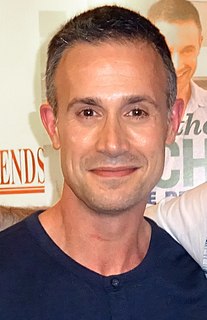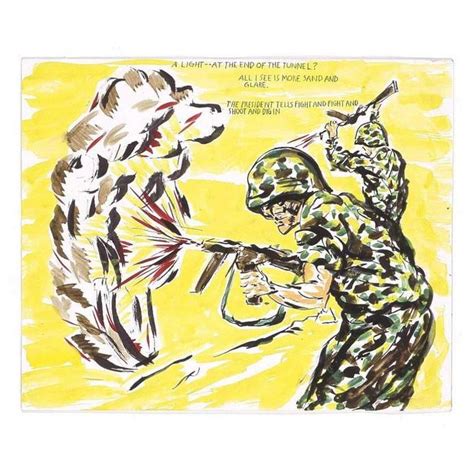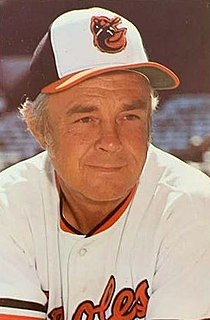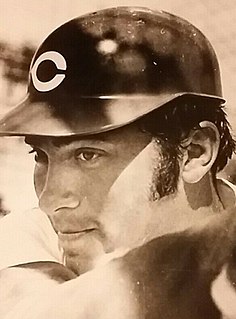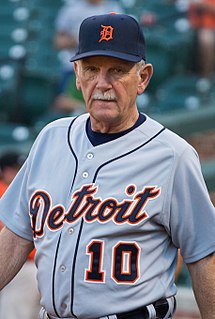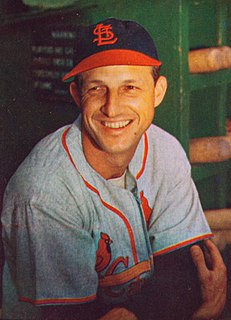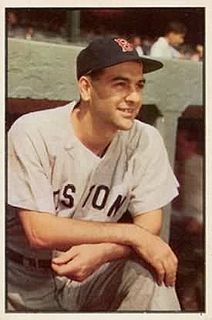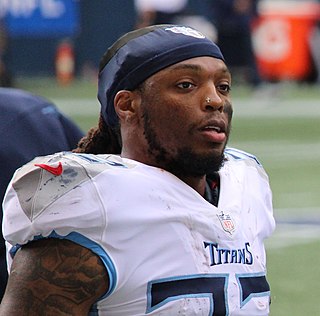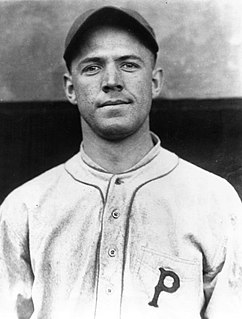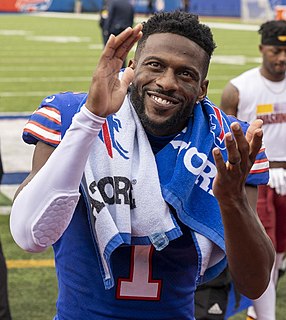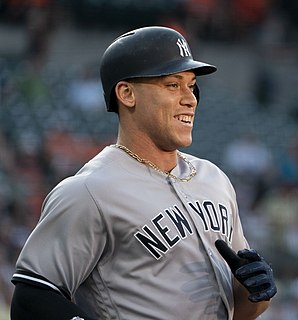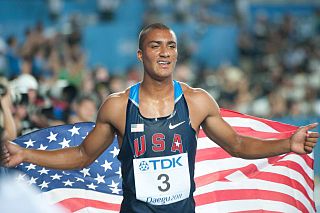A Quote by Freddie Prinze, Jr.
I played Little League. I was a 'pitcher.' But we had a pitching machine, so I was just basically an 'in-infield' shortstop because all I got to do was field bloopers six feet from the plate. I couldn't hit, so that was pretty much my entire job.
Related Quotes
I played American Legion ball starting when I was 14. But I didn't catch until I was 17. I was 75-3 as a high school pitcher, but it was like everybody knew that I was supposed to be a catcher. When the scouts would come around, and I was pitching, they'd make me take infield practice so the scouts could watch me throw.
Everyone in the world disagrees with me, including some managers, but I think managing in the American League is much more difficult for that very reason (having the designated hitter). In the National League, my situation is dictated for me. If I'm behind in the game, I've got to pinch hit. I've got to take my pitcher out. In the American League, you have to zero in. You have to know exactly when to take them out of there. In the National League, that's done for you.
One day he [Wagner] was batting against a young pitcher who had just come into the league. The catcher was a kid, too . The pitcher threw Honus a curve ball, and he swung at it and missed and fell down. Looked helpless as a robin. I was kind of surprised, but the guy sitting next to me poked me in the ribs and said, 'Watch this next one.' Those kids figured they had the old man's weakness, you see, and served him up the same dish - as he knew they would. Well, Honus hit a line drive so hard the fence in left field went back and forth for five minutes.
When I first moved to Los Angeles I came down there on a wing and a prayer in a way. I had about six weeks worth of money to make it there and that was just from doing a couple of episodes of the X-Files just to finance that trip. I got there and it is either you got to hit it or you got to go and, thankfully, I found a job.
